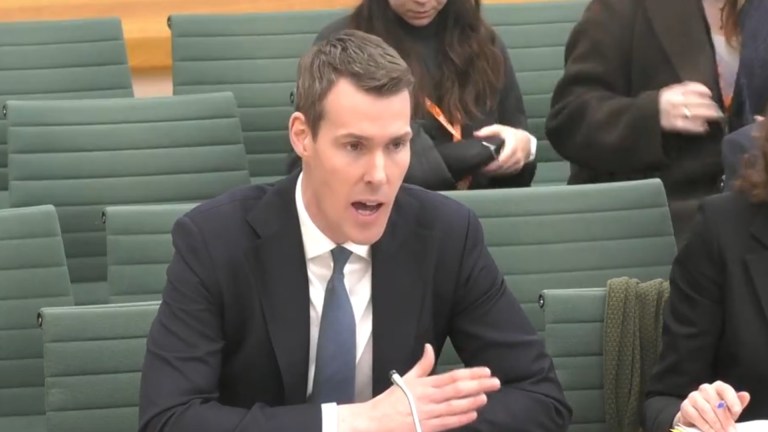“ONS is open to re-establishing these statistics in future, and would value users’ views on their relative importance compared to other health and social care statistics through the consultation currently running.”
The move has faced criticism from frontline homelessness organisations.
Balbir Kaur Chatrik, director of policy and communications at youth homelessness charity Centrepoint, said the statistics have both a symbolic and practical purpose that means they should continue to be published.
“These statistics represent the sharpest end of the housing crisis and serve as an annual reminder of the human cost of homelessness. This has been particularly true in recent years when the increase in deaths shows us how far we have to go to end homelessness.” said Chatrik.
“Of the more than 700 deaths in 2021, 31 were under 25, thirteen still teenagers. Youth homelessness has increased significantly since then and we’re worried even more lives will have been lost.
“Instead of scrapping this exercise, the government should be encouraging their publication – what better motivation can we have to end the housing crisis, prevent rough sleeping and literally save lives than avoiding hundreds of preventable deaths? Statistics alone won’t end homelessness – but without a solid evidence base it will be impossible to tell how far we have to go.”
A government spokesperson said: “We are discussing these proposed changes with the ONS, who operate independently of government.
“Everyone deserves a safe place to call home. That’s why we are spending £2 billion over three years as part of a cross-government strategy to build homes for rough sleepers, give financial support for people to find a new home, and prevent evictions.”
The ONS’ move to begin publishing homeless deaths statistics in 2018 came alongside grassroots efforts to track the number of people dying on the streets and in emergency accommodation.
The Bureau of Investigative Journalism started the Dying Homeless project in the months ahead of the first official release, using freedom of information requests to count how many lives were lost across the UK.
The Museum of Homelessness has continued the project and will be publishing statistics on 2023 deaths in March.
“Now is not the time to be turning away from who these people are and why they died,” said Museum of Homelessness’ Gill Taylor, who leads the Dying Homeless project. “Everywhere in the public sector, change only comes as a result of an evidence base, and without it we are afraid change won’t happen.”
The National Records of Scotland also publishes statistics on homeless deaths using a similar methodology to the ONS.
The latest figures, published in November 2023, found an estimated 244 people died while homeless across Scotland in 2022.
The National Records of Scotland confirmed to the Big Issue that there are “no plans” to stop publishing homeless deaths statistics.
The consultation on homeless deaths statistics in England and Wales is running here until 5 March.
Do you have a story to tell or opinions to share about this? We want to hear from you. Get in touch and tell us more.









